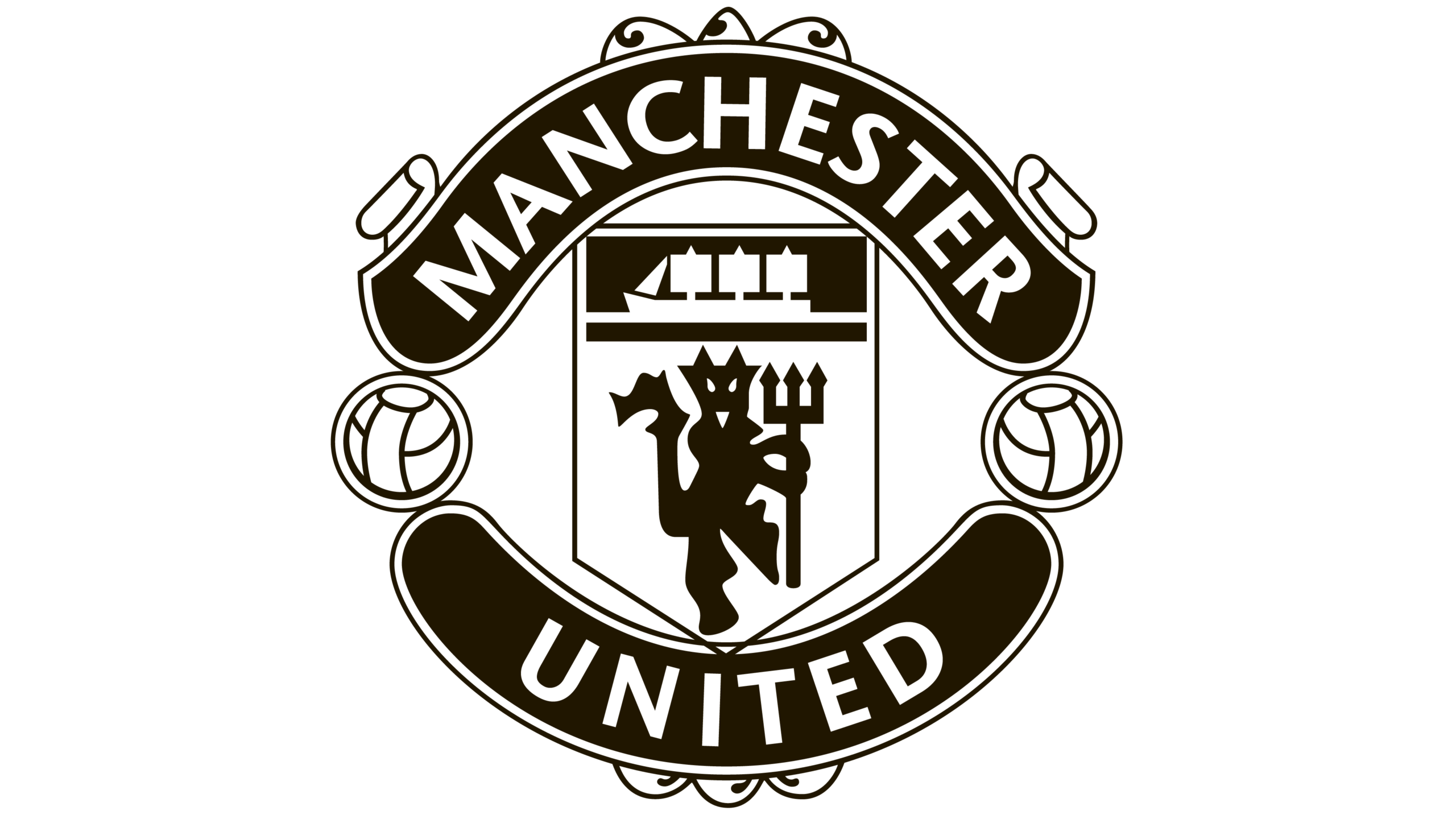Manchester United will face Arsenal, Chelsea, Liverpool and Manchester City in the first eight fixtures of next season as the Premier League’s official scheduled was released this morning.
The Red Devils endured their worst campaign in the Premier League era last year after finishing 15th in the table while breaking multiple records in terms of position, points, losses, and goals scored.
Ruben Amorim, who took over from Erik ten Hag in November, struggled to mould his new side in his trademark 3-4-2-1 set-up with the painful teething issues on full display throughout the season.
The main excuse afforded to the Portuguese coach was the difficulties of taking over midway through the year, without the benefit of a full pre-season to implement the system and fully articulate his philosophy to his players.
United were aware of the potential impact the decision to replace Ten Hag with a young coach from abroad, who had never managed outside his country, would entail. But even they could not have predicted how badly the campaign would unfold.
INEOS are intent on backing Amorim, however, and granting him the benefit of a full summer programme as well as undertaking a comprehensive overhaul of the first-team squad in the transfer market.
The hope is that the negativity of the past eight months will lead towards positivity next season with both Amorim and his players more attuned to the challenge ahead.
And it is a challenge with the Premier League’s official fixture list doing the 40-year-old coach no favours with an easy start to life in his second season.
But United have been handed a difficult start with four of their major rivals – Arsenal, Chelsea, City, and Liverpool – on the agenda in the first eight matches, as released on the club’s website.
United will welcome the Gunners to Old Trafford on the opening weekend, followed by an away trip to play Fulham and another home game against newly promoted Burnley. It’s then back-to-back grudge matches in Manchester – against City at the Etihad and Chelsea at the Theatre of Dreams – to close off the opening five games.
The Reds then face Brentford away and Sunderland at home before the pivotal trip to Anfield to face Arne Slot’s Liverpool side on October 18th, to cap off a brutal opening two months for Amorim and his men.
Elsewhere in the schedule, United will resume their rivalry with Leeds United with the Reds travelling to Yorkshire on January 3 and the reverse fixture at Old Trafford on April 11.
In more positive news, the infamous ‘Christmas period’ offers United a more favourable selection at a time of year when the fixtures begin to pile up.
United face Newcastle United away on December 27 with three more matches in the 11 days after. But they face Wolverhampton Wanderers at home on December 30, Leeds at Elland Road four days later , and Burnley on January 7 – two promoted sides and another who finished 16th last season.
The full list of fixtures can be found below:
FIXTURE LIST
17 Aug: Arsenal (H)
23 Aug: Fulham (A)
30 Aug: Burnley (H)
13 Sep: Manchester City (A)
20 Sep: Chelsea (H)
27 Sep: Brentford (A)
4 Oct: Sunderland (H)
18 Oct: Liverpool (A)
25 Oct: Brighton & Hove Albion (H)
1 Nov: Nottingham Forest (A)
8 Nov: Tottenham Hotspur (A)
22 Nov: Everton (H)
29 Nov: Crystal Palace (A)
3 Dec: West Ham United (H)
6 Dec: Wolverhampton Wanderers (A)
13 Dec: Bournemouth (H)
20 Dec: Aston Villa (A)
27 Dec: Newcastle United (H)
30 Dec: Wolverhampton Wanderers (H)
3 Jan: Leeds United (A)
7 Jan: Burnley (A)
17 Jan: Manchester City (H)
24 Jan: Arsenal (A)
31 Jan: Fulham (H)
7 Feb: Tottenham Hotspur (H)
11 Feb: West Ham United (A)
21 Feb: Everton (A)
28 Feb: Crystal Palace (H)
4 Mar: Newcastle United (A)
14 Mar: Aston Villa (H)
21 Mar: Bournemouth (A)
11 Apr: Leeds United (H)
18 Apr: Chelsea (A)
25 Apr: Brentford (H)
2 May: Liverpool (H)
9 May: Sunderland (A)
17 May: Nottingham Forest (H)
24 May: Brighton & Hove Albion (A)
Featured image Marc Atkins via Getty Images
Follow us on Bluesky: @peoplesperson.bsky.social
Darragh Fox
Darragh is a writer for The Peoples Person who spent three years as a history graduate slowly realising football was by far the most interesting thing to write about.





